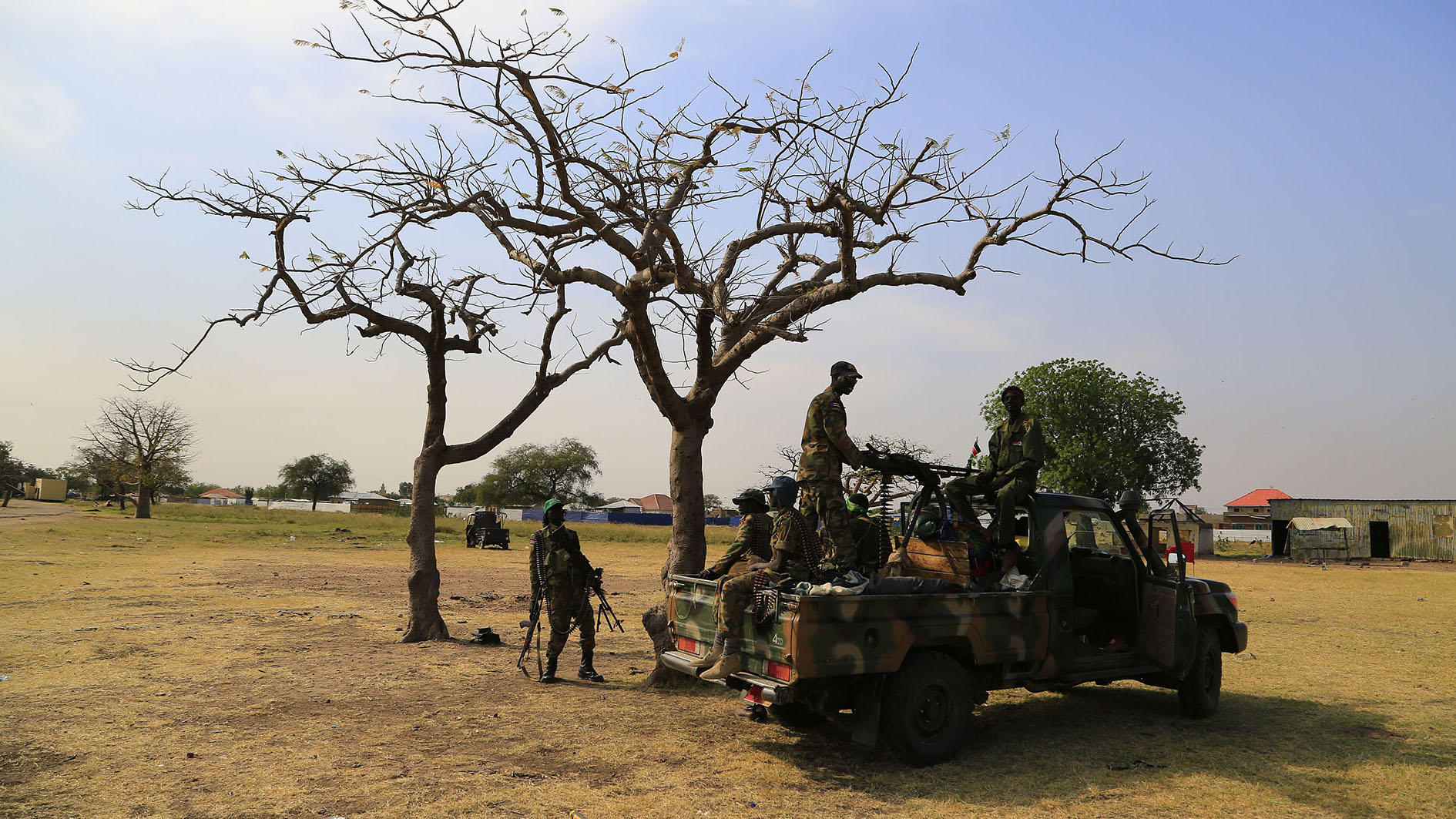
Africa
17:53, 12-May-2019
South Sudanese Civil War suffers long history of fierce conflicts
By Yang Haijing, Wu Yuhan
02:01

The end of the South Sudanese Civil War was declared in 2005. Sudan's government signed a peace treaty with what is now South Sudan, ending one of Africa's longest and deadliest civil wars.
According to the Comprehensive Peace Agreement, a referendum was scheduled to be held after a 6-year transitional period, to determine if Southern Sudan would gain its independence.
Nearly 99 percent of the people voted, "yes."
In July 2011, the Republic of South Sudan celebrated its birth and became the youngest country in the world. The same day, the former Sudanese First Vice President and Southern Government President Salva Kiir signed the transitional constitution and was sworn in as the president of South Sudan.
But that peace was brief. The fighting started again when the power dispute escalated between President Salva Kiir and Vice President Riek Machar.
In 2013, Kiir, the leader of the Dinka tribe, sacked Riek Machar who was the leader of the Nuer tribe, which led to bloody and violent clashes between the tribal militias.
Nearly five years of fighting resulted in more than 50,000 deaths and one-quarter of the population displaced. The economy, which depends heavily on crude oil production, was ruined.
A peace agreement was signed in September last year. It called for an immediate ceasefire. Riek Machar was brought back as vice president, after being in exile since 2013. And the UN called the signing as "positive and significant progress."
But problems remain, especially in trust.
There has been a letup in the violence since the peace agreement was signed. But it remains to be seen whether it will last, or whether it was just a brief, glorious moment while the Dinkas and the Nuers were reloading.

SITEMAP
Copyright © 2018 CGTN. Beijing ICP prepared NO.16065310-3
Copyright © 2018 CGTN. Beijing ICP prepared NO.16065310-3